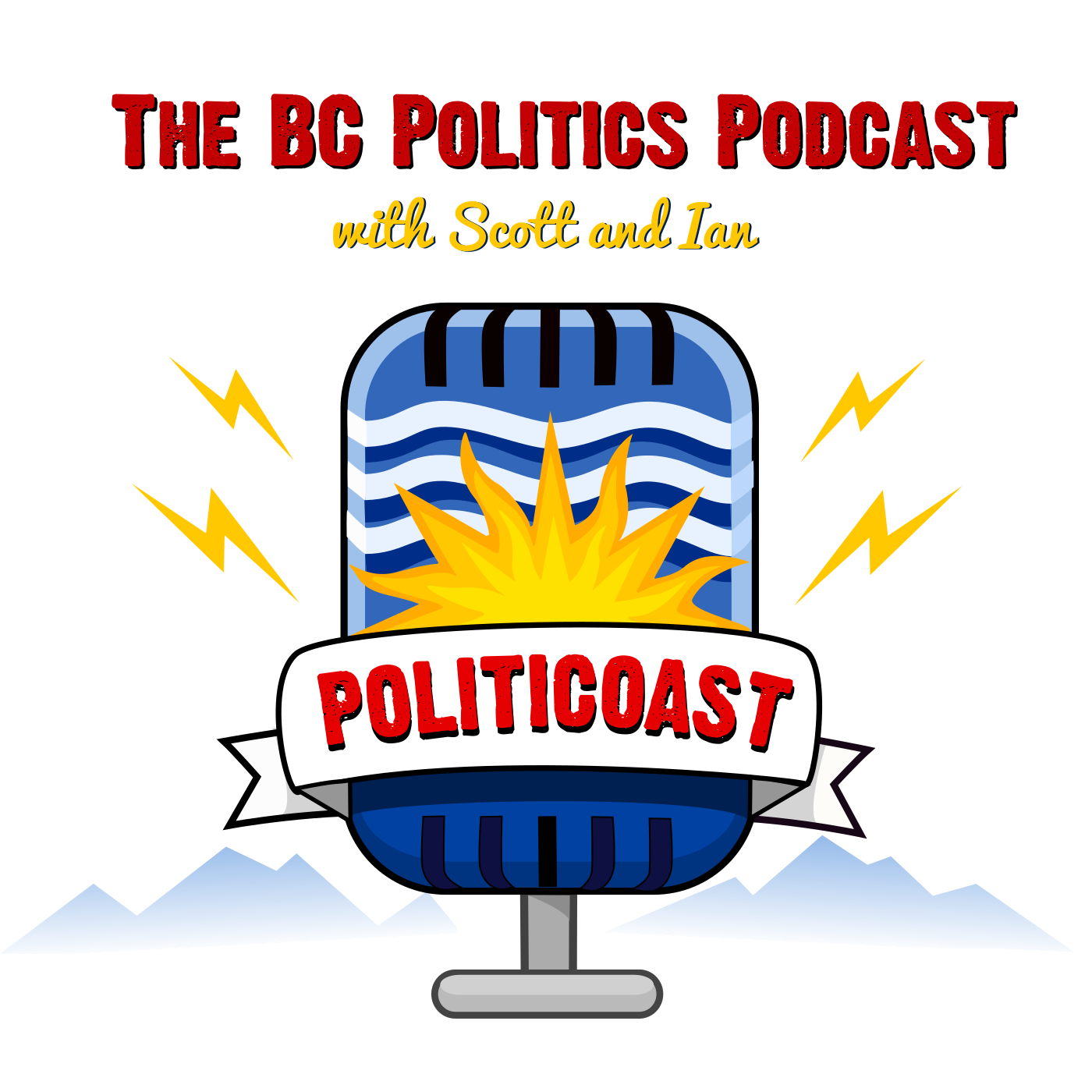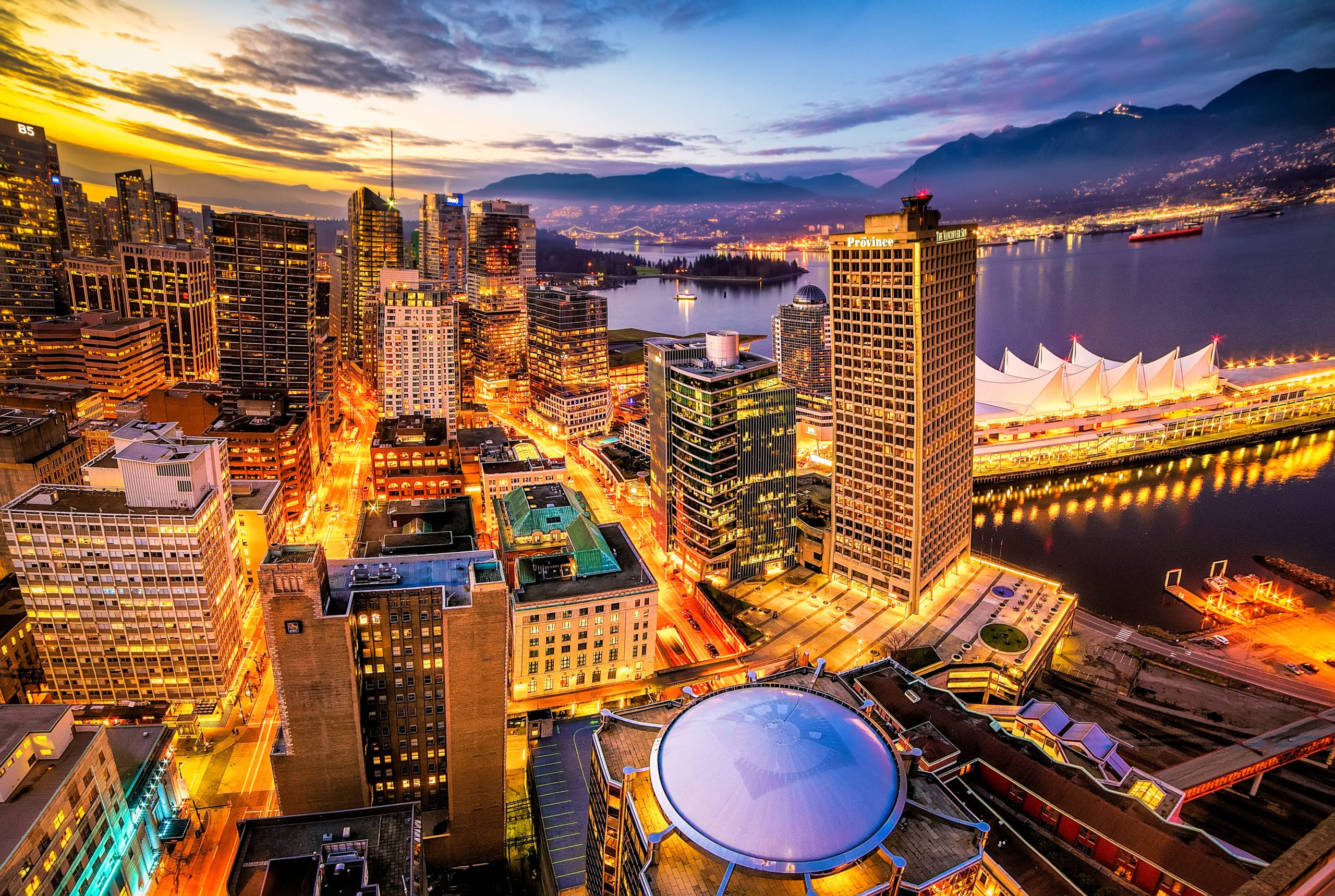Does Vancouver have too many jobs, particularly in the tech sector? The BC government seems to think so.
In January the Vancouver Sun’s Vaughn Palmer reported on an government economic strategy report that was circulating within the government. I have obtained a copy of the report via a FOI request.
You can read the report here.
Most of the strategy consists of the typical and uncontroversial type of support that governments are inclined to give various sectors of the economy. Mining, agriculture and forestry all have dedicated sub-strategies.
The forestry section notably shows a government that is strongly committed to developing a mass timber building industry and developing expertise within the province. The strategy calls for making mass timber the default building material for provincial buildings.
What will likely be much more controversial is the plan to push jobs out of Vancouver to other parts of the province.
Citing cost of living and strain on city infrastructure, the plan includes multiple polices aimed at discouraging jobs from locating in Vancouver. The BC government is promising to spend money to try to push companies that would otherwise locate in highly economically productive, environmentally sustainable cities to other parts of the province.
A significant body of economic research shows that cities are more economically productive and innovative than non-urban areas. The BC Government may end up spending money in a way that reduces economic growth and innovation compared to a business as usual scenario.
Access to government start up grants are to be conditioned on a company not locating in major cities. Companies wanting to locate in Vancouver and take advantage of government grants would be forced to choose.
Immigration policy would also be used to attempt to decentralize population and jobs. Provincially controlled or influenced immigration programs would be directed to encourage participants to locate in suburban and rural areas.
While the strategy views “livability” as a challenge for established, large population centers, scant attention is directed towards improving livability where people currently live and work. Instead effort is directed to spread growth elsewhere on the unsupported assumption that it will be more livable.
Most confusingly, the report suggest this forced sprawl of start ups would be good for the environment, despite the locations being proposed being more car depended and lacking the opportunities that Vancouver offers for people to walk or take transit to work. The result of this plan would be to increase vehicle miles traveled, worsen congestion and increase BC’s greenhouse gas emissions.
The strategy’s approach to the infrastructure challenges in BC’s larger cities is not scale up investments to meet the needs of the city, but to attempt to slow employment growth in cities. The provincial budget, released on Tuesday, February 18th, notably did not include any new commitments to improve transportation within Metro Vancouver.
The NDP government have made significant commitments to cut greenhouse gas emissions to 80% below 2007 levels by 2050. It is hard to square those commitments with a plan that doubles down on suburban sprawl and would emissions.
This post has been updated from a previous version to include a paragraph on the strategy’s immigration policy


